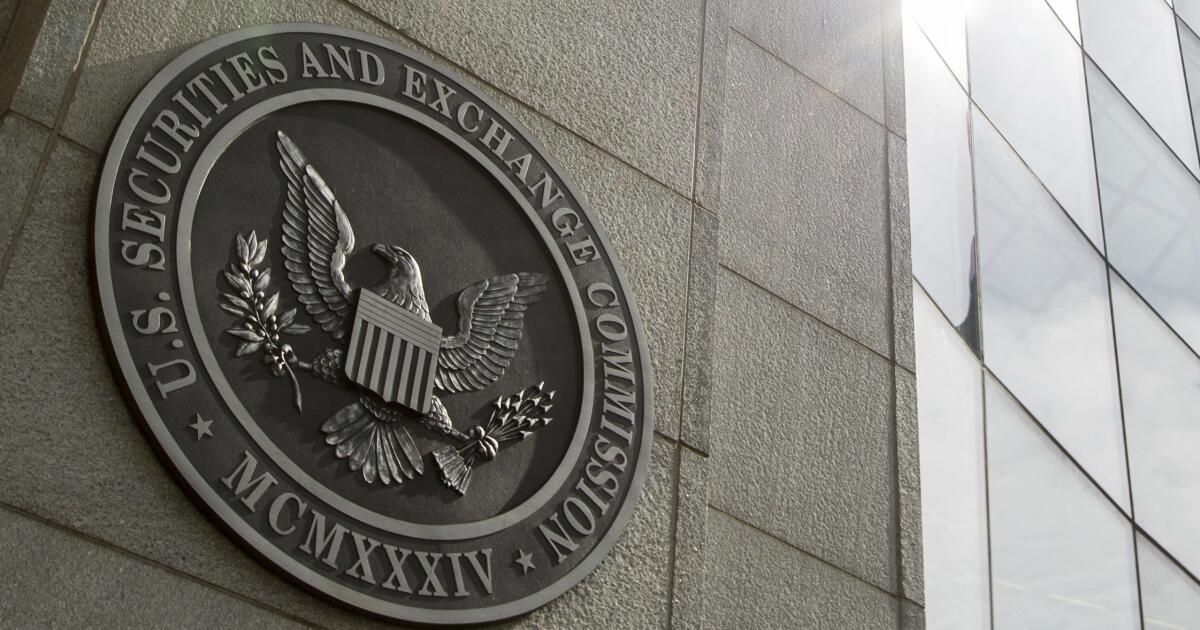The Supreme Court on Thursday made it harder for the Securities and Exchange Commission to penalize fund managers accused of defrauding investors.
In a 6-3 decision, the justices said those accused of securities fraud have a right to a jury trial in federal court, not an administrative hearing before an SEC-appointed judge.
The court said the Seventh Amendment and its right to a jury trial are not limited to private lawsuits, but extend to lawsuits brought by the government seeking fines or penalties for violating the law.
“A defendant facing a fraud claim has the right to be tried by a jury of his peers before a neutral judge,” Chief Justice John G. Roberts Jr. said in a brief for the court. “Instead of recognizing that right, dissent would allow Congress to concentrate the functions of prosecutor, judge and jury in the hands of the executive branch. That is the complete opposite of the separation of powers required by the Constitution.”
In dissent, Justice Sonia Sotomayor said the ruling would make it much more difficult to enforce regulatory laws.
Congress has “enacted more than 200 statutes authorizing dozens of agencies to impose civil penalties for violations of legal obligations. Congress had no reason to anticipate the chaos that the current majority would unleash after all these years,” he said. Justices Elena Kagan and Ketanji Brown Jackson agreed.
The decision is consistent with the conservative court's determination to control the so-called “administrative state.”
Congress created the SEC in 1934 in response to the stock market crash with the mission of rooting out schemes and frauds that deceived investors.
In recent years, conservatives have criticized the SEC as an agency with unlimited power. They say it can enact rules like a legislature, investigate potential violations like a prosecutor and sometimes act as judge and jury to impose large fines on those who break its rules.
The SEC's case against Jarkesy focused on the agency's unusual power to seek large fines and penalties through internal administrative hearings.
In 2007, George Jarkesy launched a hedge fund in Houston that managed about $24 million for 120 investors. He lost money after the Wall Street sell-off in 2008.
The SEC later said he had misled investors by telling them that a major accounting firm was acting as auditor and that an investment bank was acting as broker. The agency also said he had inflated the value of the stock to pad his management fees.
The SEC filed an administrative complaint against Jarkesy and his Patriot28 fund, and after more than six years of review, he was ordered to pay a $300,000 civil penalty and “disgorge” $685,000 in illicit gains.
In the appeal, his lawyer said Jarkesy was “tried before a captive agency judge who acted unconstitutionally and without the right to serve on a jury.” The SEC “almost always wins in its own courts,” he said.
Congress has steadily expanded the types of cases eligible for administrative hearings. The SEC increased its use of the administrative process after losing a series of jury trials in insider trading cases, including a 2013 verdict that favored Mark Cuban, then-owner of the Dallas Mavericks.












